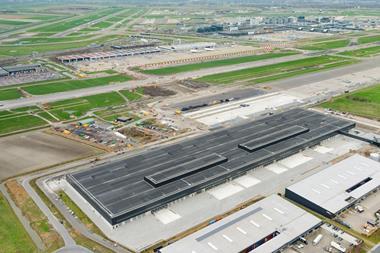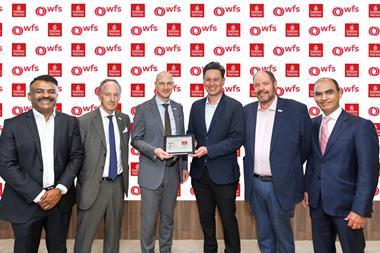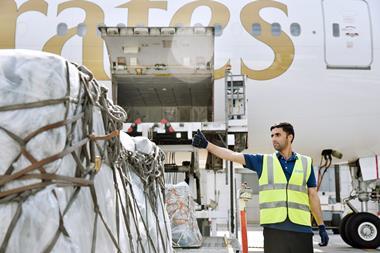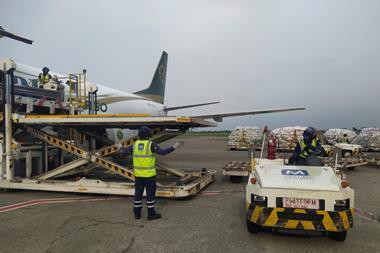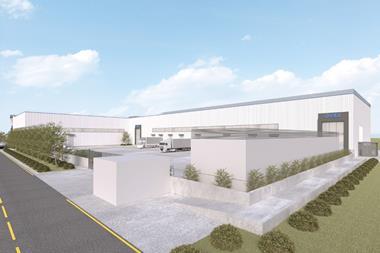Cargo sheds across Europe and North America are struggling to keep up with this year's peak season demand, causing delays for the pick up and drop off of cargo.
In Europe, handlers at major cargo hubs Frankfurt Main, London Heathrow and Amsterdam Schiphol are all feeling the strain.
Air Cargo News reported at the end of last month that there was congestion at Europe's busiest cargo hub Frankfurt and the issue has yet to ease.
New import rules requiring each individual house air waybill to be pre-registered and high demand are the main reasons behind the congestion at the German hub.
In October cargo volumes at Frankfurt were up by more than 11% compared with pre-covid (2019) levels for the month.
German forwarder Senator International said: "The ground handling situation remains critical. The changed process handling in the import customs procedure continues to cause noticeable delays. For all shipments via FRA, this factor should definitely be factored in."
Another forwarder, Flexport, added: "No notable improvement at FRA for import cargo. Building in extra lead time into FRA or using other German hubs is important."
UK Freight forwarder Metro Shipping reported particular issues at Heathrow, Frankfurt, Brussels, Liege and Amsterdam, although it said problems were widespread.
As well as strong air cargo demand, issues in ocean shipping were causing modal shift and adding to demand levels, the forwarder added.
"London Heathrow is facing significant delays, as the cargo area is unable to cope and waiting times for vehicle collections and deliveries can be anything from five to ten hours, with the ever-present risk that the driver will ultimately be turned away," the company said.
"We are experiencing drivers running out of their legal hours of driving and having to replace with new shift drivers before they have even collected or delivered their air freight cargo whilst sitting statically outside the airline warehouses at the airports."
Making the situation even tougher for handlers is the constantly shifting airline schedules that make it hard to pre-plan resource.
"Overall the market is not as good as it should be, with issues all over the place at the major US, European and Asian hubs and the likelihood is it will get worse, particularly when the handlers are short-staffed in many facilities, due to COVID operating restrictions and the ability to ensure that resource can be deployed for the surge in demand," Metro said.
On the situation at Schiphol, Flexport said: "AMS ground handling terminals are feeling the strain, mainly for export cargo. Handlers are recruiting additional personnel, opening additional warehouses where there is capacity.
"Additional entries and exits to terminals are being added with the aim to free up space for more trucks to pick up or drop off cargo."
The company also outlined the issues being faced in North America: "LAX/ORD/JFK ground handlers continue to face backlogs and are using off-airport facilities to manage the flood of inbound cargo, which has a trickle-down effect on the export side.
"Many have shortened their free time for storage, and have implemented new, earlier close outs for exports to accommodate longer throughput times and screening requirements."











